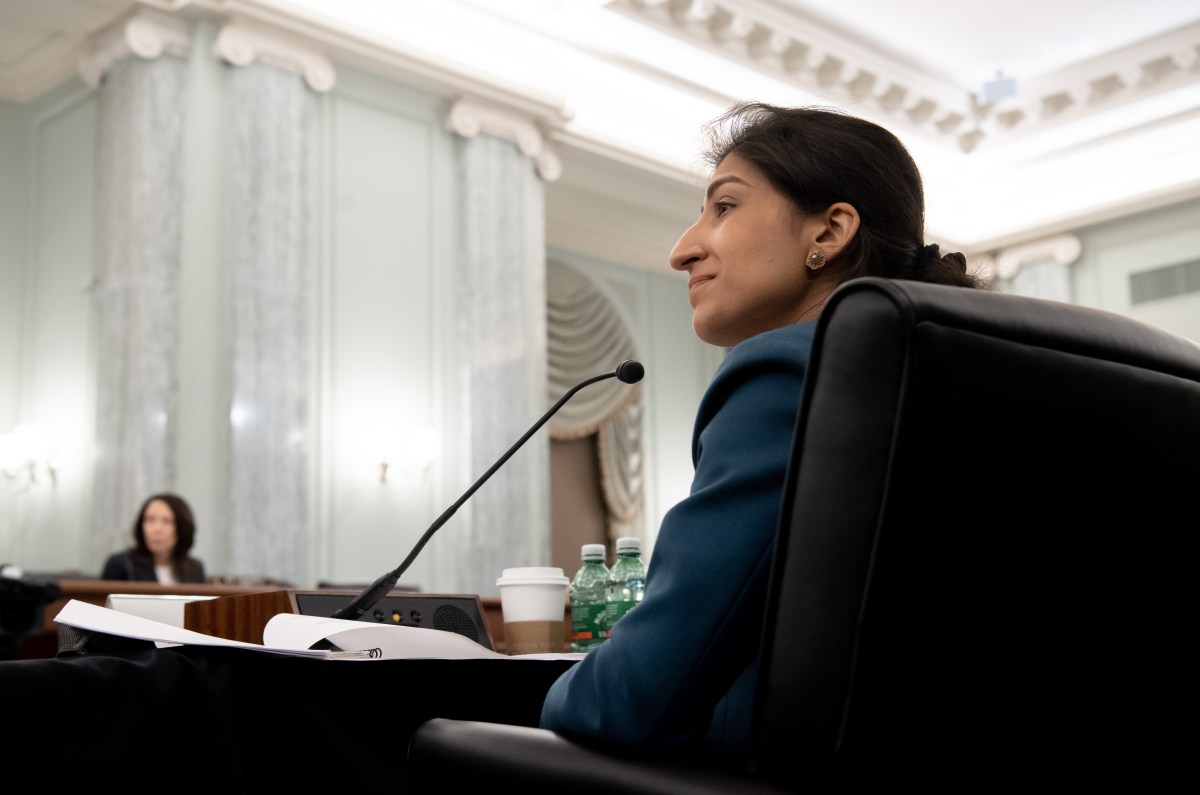Foresite Capital raises $900M sixth fund for investing in life sciences companies | TechCrunch
Venture fundraising has been a slog over the last few years, even for firms with a strong track record.
That’s Foresite Capital’s experience. Despite having 47 IPOs, 28 M&As and 58 FDA-approved drugs under its belt, the 13-year-old multi-stage healthcare and life sciences firm took two years to raise its sixth fund.
“Almost all of our LPs in fund five renewed in fund six. They just renewed with 30% less capital,” Jim Tananbaum, Foresite’s CEO and founder, told TechCrunch. “We had a bit of a hole to plug.”
The San Francisco-based firm was set on making sure its sixth vehicle wasn’t significantly smaller than its fifth fund, which totaled $969 million, consisting of a $775 million core fund and a $194 million companion opportunities fund. Foresite hired Hadi Tabbaa to bridge the funding gap and lead the firm’s widespread investment relations effort. Tabbaa, previously with B Capital and Coatue Management, has helped the firm bring in new LPs, including family offices from Asia and the Middle East.
On Wednesday, Foresite announced that it closed its sixth fund with $900 million.
The firm began investing from fund six nearly two years ago and backed a number of interesting companies over that period. Foresite Capital made a big splash in April when its accelerator, Foresite Labs, along with ARCH Venture Partners, invested $1 billion to incubate Xaira, a new AI drug discovery startup. Tananbaum also highlighted the firm’s recent participation in the $135 million Series A of Latigo Bio, a clinical-stage biotech company testing a non-opioid pain treatment.
Last summer, Foresite co-led a $115 million Series F into CG Oncology, a drug discovery company that had a successful IPO listing in January.
Foresite intends to back about 20 companies from its sixth fund, writing checks from a couple of million up to $75 million. “Over a decade ago, we named the firm Foresite because we thought we had an idea of where healthcare was headed,” Tananbaum said. “We felt that it was going to be a combination of genomics and artificial intelligence that would lead to the ability to distribute care individually.”
These are still big areas of focus for the firm.




